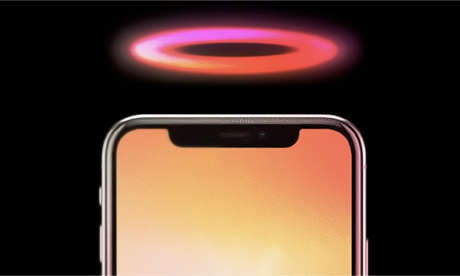On Instagram, I follow 700 people, mostly women. One hundred of those women follow Glennon Doyle, whose memoir “Untamed” has been on the Times best-seller list for 51 weeks.
Fans of Ms Doyle’s gospel, an accessible combination of self-care, activism and tongue-in-cheek Christianity (“Jesus loves me, this I know, for he gave me Lexapro”), can worship at any time of day or night at the electric church of her Instagram feed.
By replacing the rigid dogma of religion with the confessional lingua franca of social media, Ms Doyle has become a charismatic preacher for women — like me — who aren’t even religious.
Twenty-two per cent of millennials are not affiliated with a specific religion. We are known as religious “nones.”
The Pew Research Center found that the number of nones in the population as a whole increased nine percentage points from 2009 to 2019.
The main reasons that nones are unaffiliated are that they question religious teachings, or they don’t like the church’s stance on social issues.
But are we truly nonreligious, or are our belief systems too bespoke to appear on a list of major religions in a Pew phone survey?
Many millennials who have turned their backs on religious tradition because it isn’t sufficiently diverse or inclusive have found alternative scripture online.
Our new belief system is a blend of left-wing political orthodoxy, intersectional feminism, self-optimization, therapy, wellness, astrology and Dolly Parton.
And we’ve found a different kind of clergy: personal growth influencers. Women like Ms Doyle, who offer nones like us permission, validation and community on demand at a time when it’s nearly impossible to share communion in person. We don’t even have to put down our phones.
In February Ms Doyle posted a virtual sermon to her followers on Instagram, encouraging them to “embrace quitting as a spiritual practice.”
Our screens may have shrunk, but we’re still drawn to spiritual counsel, especially when it doubles as entertainment. These women are Instavangelists.
More than 100,000 members of her congregation liked it. Followers responded with prayer hands emojis, God bless yous and one “Hallelujah, sister.”
I spoke to Kimberly Ciano, a 31-year-old health practitioner on Long Island who found Glennon Doyle via her “discovery” feed. Ms Ciano has followed a spiritual path that may sound familiar to other nones: She grew up Roman Catholic, but she became alienated from her faith by what she saw as the church’s hypocrisy.
In her 20s, she studied yoga and Eastern philosophy.
During a year when she lost a job, a 10-year relationship and her grandmother, the message she absorbed from Ms Doyle helped sustain her: “It’s OK to not be OK.”
Ms Doyle and other quasi-spiritual influencers are the latest iteration of an American institution that has been around since the second half of the 20th century: the televangelist.
These women are Instavangelists. Our screens may have shrunk, but we’re still drawn to spiritual counsel, especially when it doubles as entertainment.
